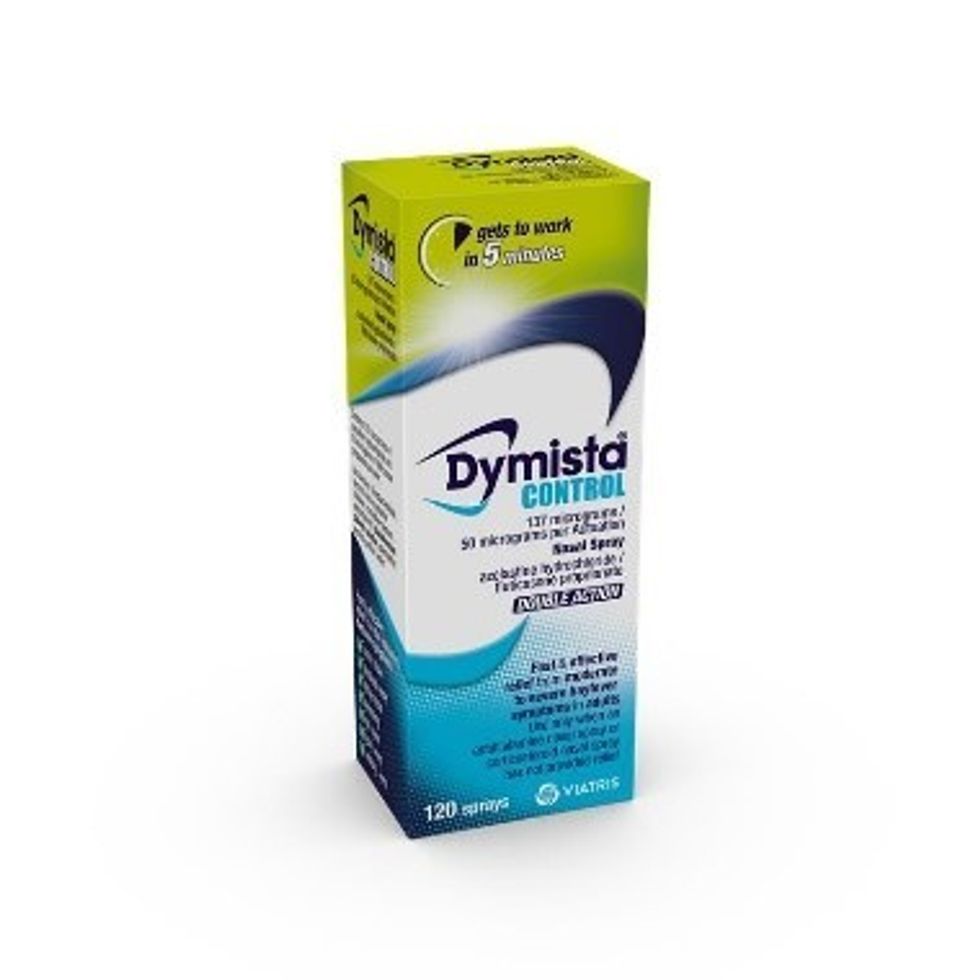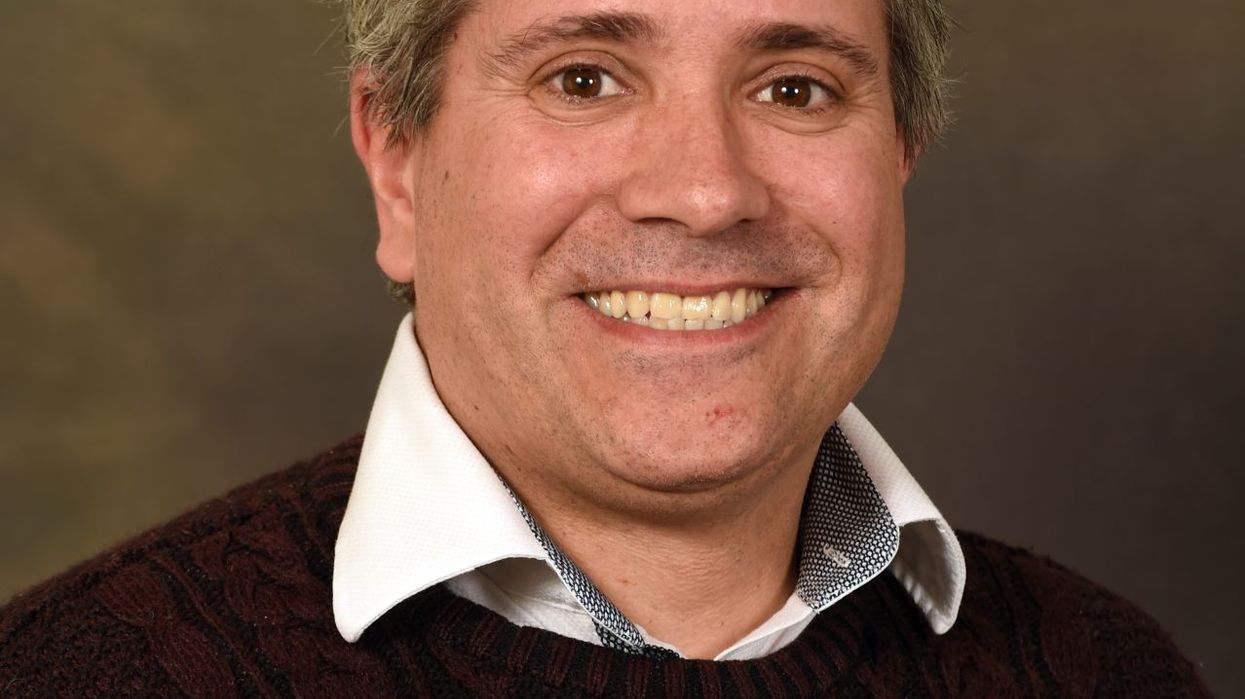Wireless trackers will be installed on medical equipment and hospital beds at Mid Cheshire and Princess Alexandra Hospital NHS trusts.
Seven NHS trusts in England are set to begin trials of new wireless technologies to help improve patient care and strengthen connectivity in A&Es and ambulance bays.
They have been awarded around £1 million as part of NHS England’s Wireless Trials programme, which aims to leverage advanced wireless technologies to enhance patient care and experiences while freeing up more staff time.
Manchester University NHS Foundation Trust will introduce an innovative approach of combining satellite and cloud-based wireless solutions to enhance connectivity across its 10 hospital sites and wider community services.
At Mid Cheshire and Princess Alexandra Hospital NHS trusts, wireless trackers will be installed on medical equipment and hospital beds. This will allow real-time monitoring and location tracking, enabling easy accessibility for staff to locate necessary items promptly.
The North West and East of England ambulance services trusts will use the funding to launch improved wireless connections in A&E and ambulance areas, which will help speed up the transfer of essential patient care data from ambulances to hospitals.
Sussex Community NHS Foundation Trust will trail a new app that allows staff to take observations on tablets and smartphones by a patient’s bedside, reducing the time spent typing up patient notes.
In another project to be launched at Countess of Chester NHS Foundation Trust, modern diagnostic devices will be wirelessly linked with the trust’s electronic patient records system to speed up assessment time for patients.
Stephen Koch, Executive Director of Platforms, NHS England, said: “We’ll be monitoring the outcomes of the trials and are very hopeful that a number of these will be able to be scaled more broadly across the health and social care system saving clinical time, improving patient care and saving money for the system.”
Dan Prescott, Group Chief Information Officer, Manchester University NHS Foundation Trust, is hopeful that they would be able to address “unexpected connectivity issues” through this programme, even in areas of poor connectivity.
A previous wireless trial led to the development of University College London Hospitals’ Find and Treat service, which makes use of high-tech tools and software to provide remote screening, testing, and treatment for vulnerable, homeless, and high-risk people in London.
In another trial, South London and Maudsley NHS Foundation Trust was transformed into the first 5G-connected hospital in the UK.
The Wireless Trials programme aims to equip NHS organizations with the necessary capabilities to achieve the ambitious digital goals outlined in the NHS Long Term Plan.
For the next series of wireless trials, applications will open later this year, the NHSE said.










 Dymista® CONTROL (azelastine hydrochloride and fluticasone propionate) nasal spray
Dymista® CONTROL (azelastine hydrochloride and fluticasone propionate) nasal spray ![Potential Side Effects of Mounjaro [What You Need to Know]](https://www.pharmacy.biz/media-library/image.jpg?id=54516976&width=1245&height=700&quality=90&coordinates=0%2C29%2C0%2C29)








